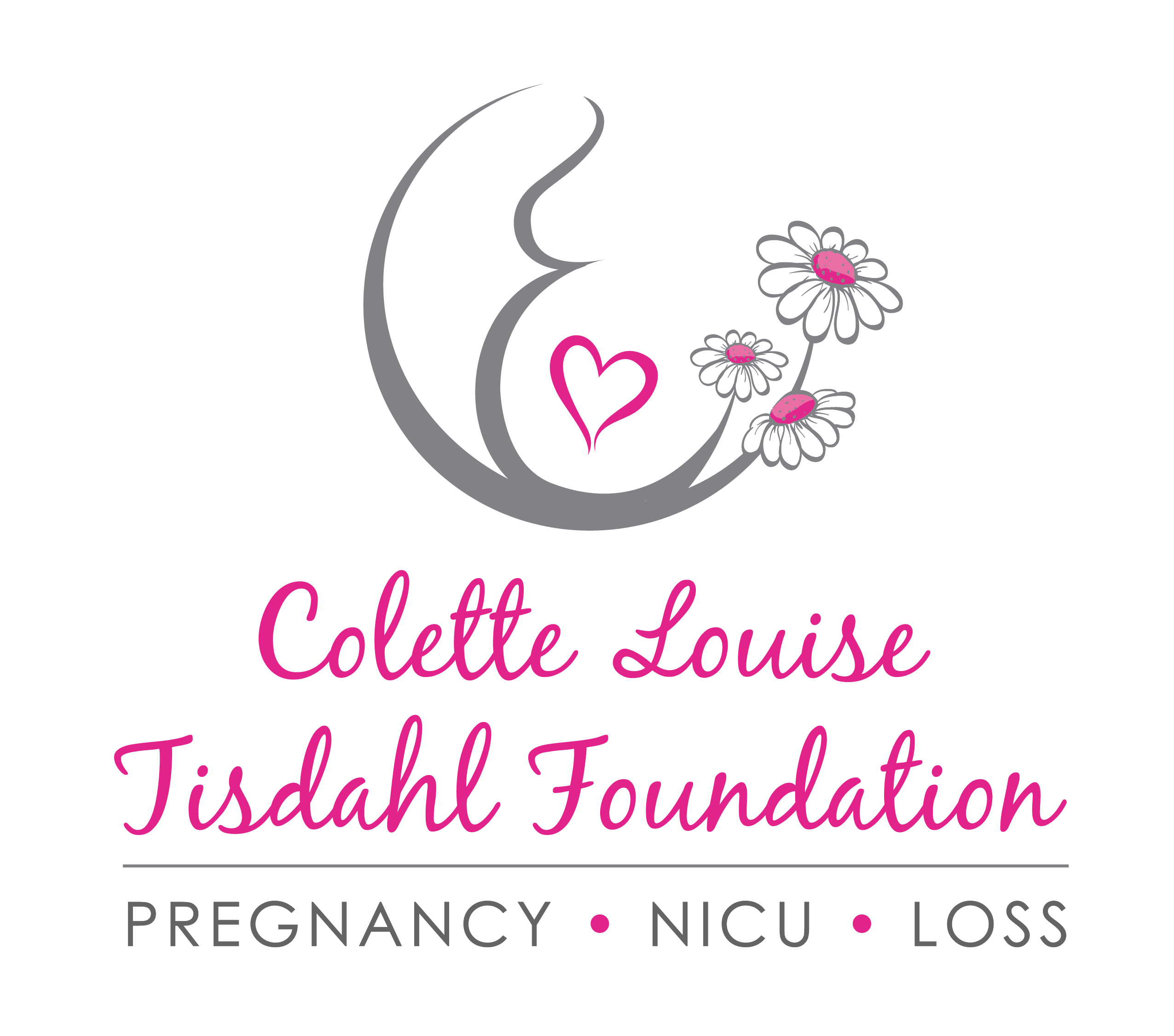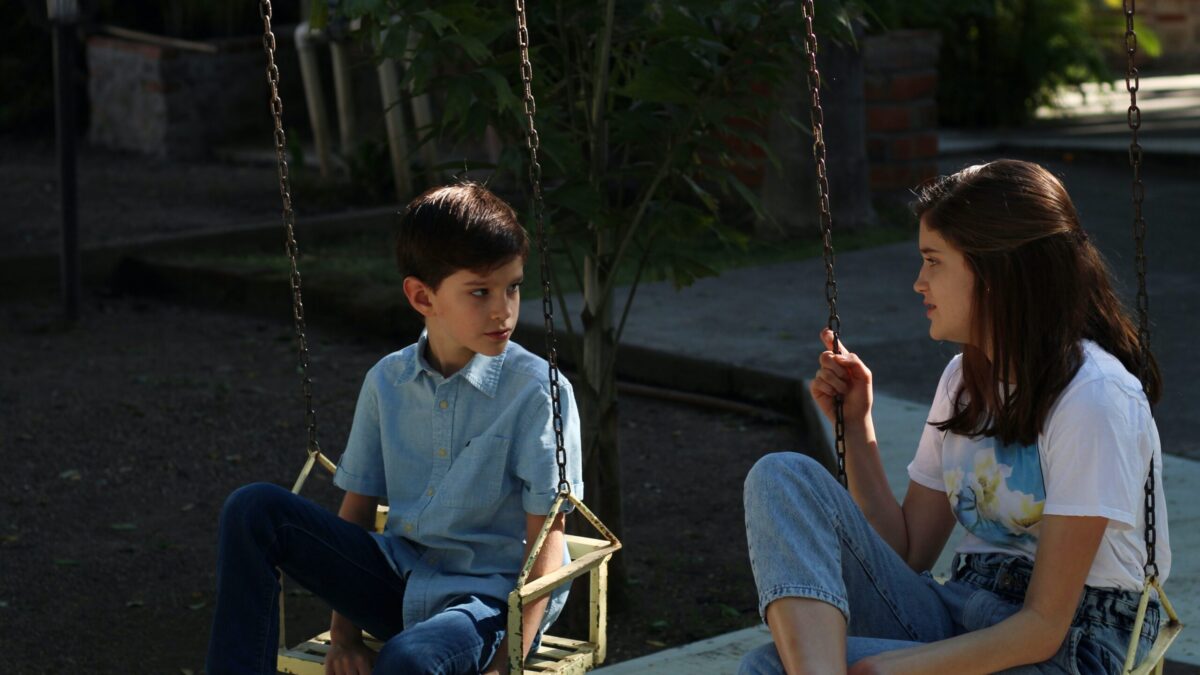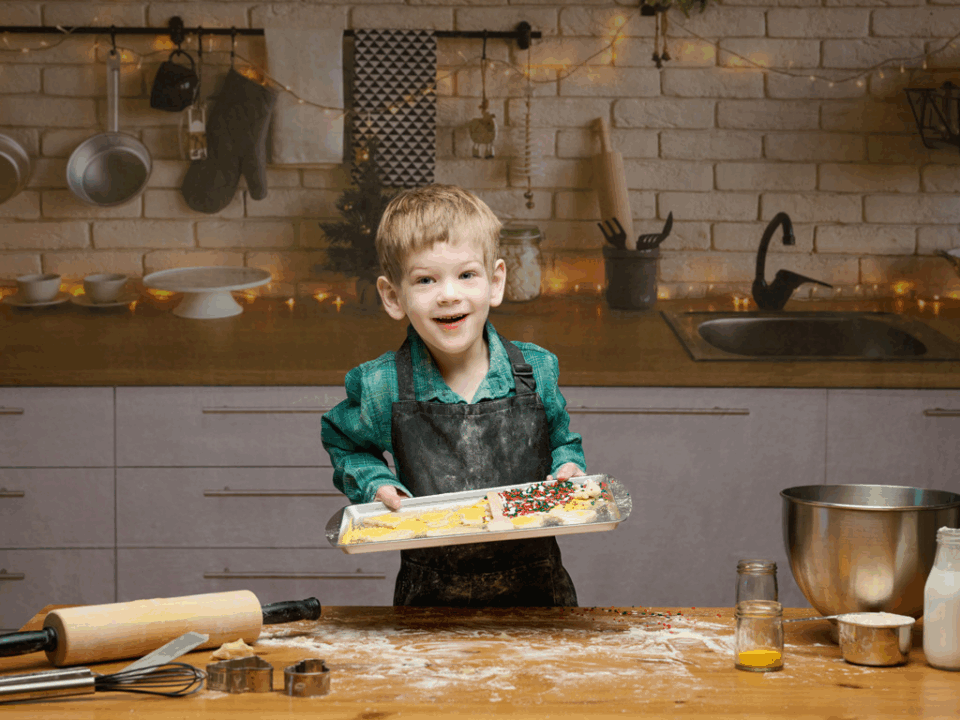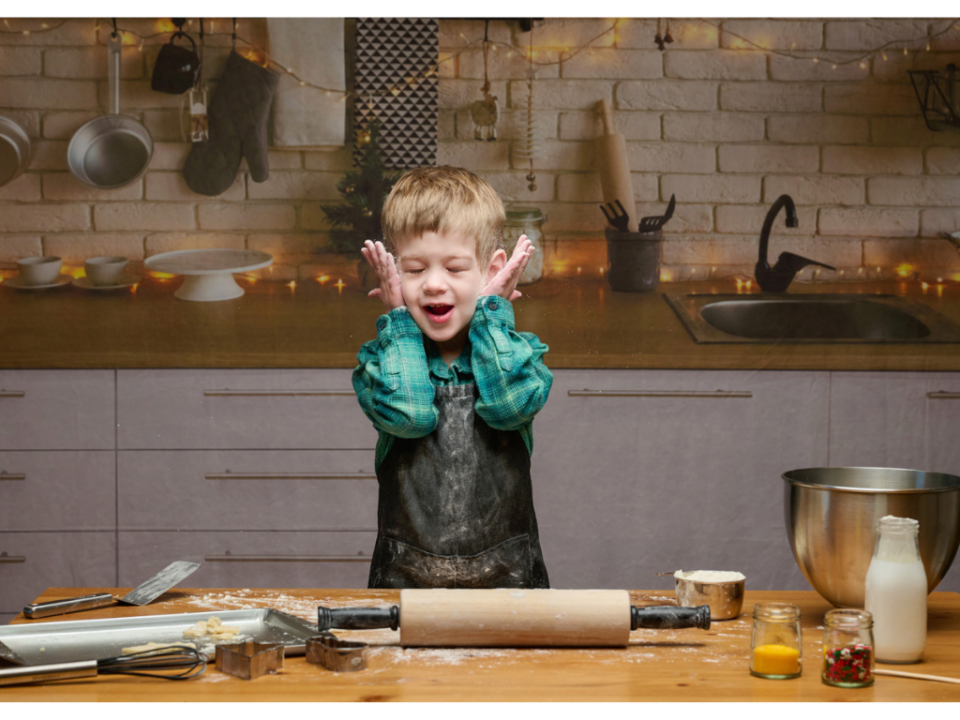
Friday Five: Five Things to Know about Early Intervention
March 11, 2022
Featured Family: Ian and Lakeisha
May 22, 2022Be Prepared When Those Tough Questions Come Up
If you’re a parent of a kid who’s old enough to talk and ask questions, you may have already found yourself in the midst of a conversation that you weren’t only not expecting, but feel completely unprepared for. That’s when it happens: you start overthinking the questions that are being asked of you, you feel unsure about your answers, you start to feel hot and nervous, and you shut down, either brushing the question off with phrases like “I’m busy right now. Can you go do something else?” or “We don’t talk about those things,” often in a whispered hiss. What could have been a moment of connection and growth - for both you and your kiddo - has suddenly gone sideways. But it doesn’t have to be that way. Here are five things to remember when you’re having uncomfortable conversations with your kids - because those conversations will happen, whether you’re ready for them or not.
1
Remember to Breathe
This sounds so simple, but in practice is often very difficult. If your kid asks you a question that you’re not prepared for - just take a second. Breathe. Drop back into your body. And maybe breathe again. When we get out of our bodies and into our heads, we lose connection with our hearts, and that’s often where we need to live during these types of conversations. So breathe first, before anything else.
2
Thank Your Child for Asking the Question
How many of us remember asking a question that was “uncomfortable” - about race, or gender, or ability, or anything along those lines, and that the adult response to that question was to either shush us or tell us that “we don’t talk about ________.” Instead of shutting down further questions - which for some of us has had lasting impact - thank your kids for asking you that question. Tell them that it’s a great question, and that ensures that you’ll be getting more of those, and other, questions from a kid who knows that their questions do matter.
3
You Don't Have to Have the Right Answer
Our culture of perfectionism that’s been instilled in us teaches us to feel shame, or to shut down questions, when we don’t know the answer. But a lot of times we don’t know the answer not through any fault of our own - we never learned the answer to those questions. What I like to do is take a moment and acknowledge that, verbally, with my child. I say: “You know what? I don’t know the answer to that question. Let’s look it up together.” Or, for when my kids were younger, I’d say: “You know what? I don’t know the answer to that question. Let me look into it and I’ll get back to you.” And definitely, definitely, do just that.
4
Model (and believe for yourself) that making mistakes is okay
Even if you do know the answer, or have thoughts about the question that your kid asked, you may still make mistakes in how you answer, or what words you use, or how you frame the question. THAT IS OKAY. In fact, growth comes from challenges and mistakes - and if we never make those mistakes, we don’t move forward. I think it’s such a gift that we can give our children, to teach them early and often that mistakes don’t define us, but in fact they’re necessary so that we learn and grow.
5
It's Never a One-and-Done Conversation
The great part about being a parent and having these types of uncomfortable conversations with your kids is just that - you know that it’s never just that one conversation. If you mess up, great - you can do it all over again the next day. If you feel like you nailed it, even better - you’ll have another great conversation building off that first conversation the next day. Either way, it’s one of the joys of being a parent - the intentionality that we can use to have those conversations over and over again, and while they may not get any less uncomfortable, they may get easier to have. After all, if we’re truly raising the adults we want our children to be, and not catering either to our own unease or to the kids that our children are currently, these conversations, and learning to not only live with, but grow in, discomfort are a fantastic way of doing just that.




